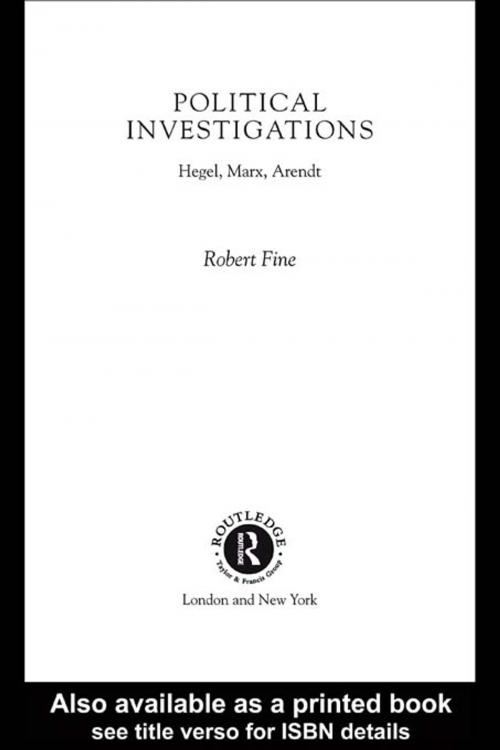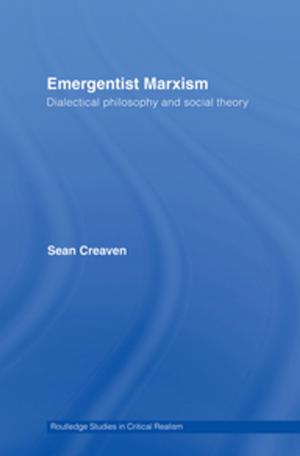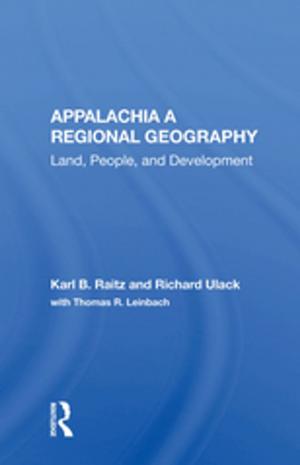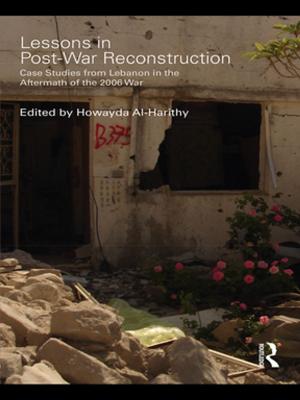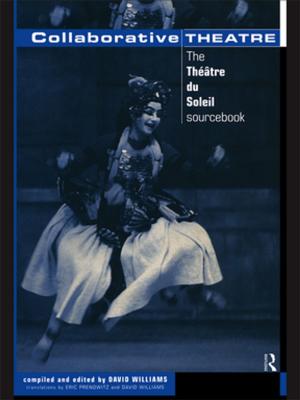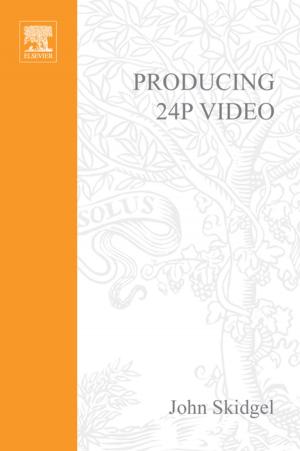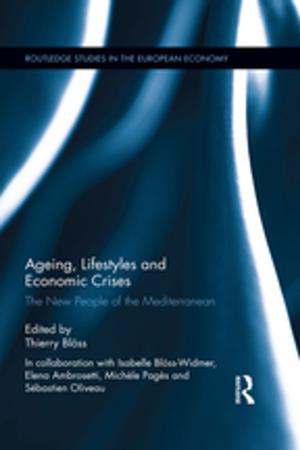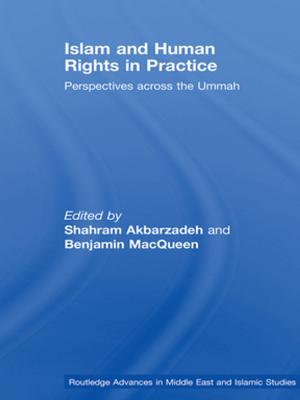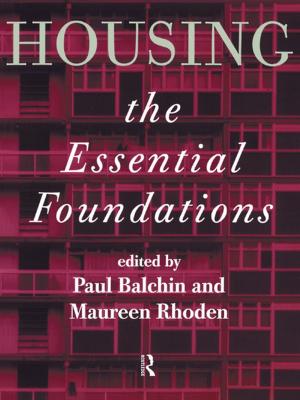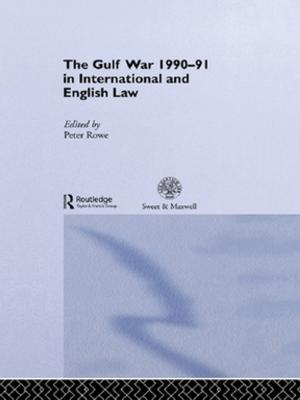Political Investigations
Hegel, Marx and Arendt
Nonfiction, Social & Cultural Studies, Social Science, Sociology| Author: | Robert Fine | ISBN: | 9781134554645 |
| Publisher: | Taylor and Francis | Publication: | July 8, 2005 |
| Imprint: | Routledge | Language: | English |
| Author: | Robert Fine |
| ISBN: | 9781134554645 |
| Publisher: | Taylor and Francis |
| Publication: | July 8, 2005 |
| Imprint: | Routledge |
| Language: | English |
In this highly innovative book Robert Fine compares three great studies of modern political life: Hegel's Elements of the Philosophy of Right, Marx's Capital and Hannah Arendt's Origins of Totalitarianism, and argues that they are all profoundly radical texts, which jointly contribute to our understanding of the modern world. Fine maintains that these works are far more revealing when read together than in opposition, and draws a direct parallel between Hegel’s critique of social forms of right and Marx’s critique of social forms of value. Fine shows how fruitfully their work can and should be combined.
Hannah Arendt was in turn critical of what she saw as the historicism of both Hegel and Marx, but Fine argues that her study of the origins of totalitarianism directly picks up on their insights into the modern potential for fanaticism and destructiveness. Arendt never disavowed any of the nineteenth century thinkers who prefigured the catastrophes to come, but Fine shows her indebtedness to Hegel and Marx.
This fascinating book offers a re-reading of these texts as three pivotal moments in the construction of a critical humanist tradition.
In this highly innovative book Robert Fine compares three great studies of modern political life: Hegel's Elements of the Philosophy of Right, Marx's Capital and Hannah Arendt's Origins of Totalitarianism, and argues that they are all profoundly radical texts, which jointly contribute to our understanding of the modern world. Fine maintains that these works are far more revealing when read together than in opposition, and draws a direct parallel between Hegel’s critique of social forms of right and Marx’s critique of social forms of value. Fine shows how fruitfully their work can and should be combined.
Hannah Arendt was in turn critical of what she saw as the historicism of both Hegel and Marx, but Fine argues that her study of the origins of totalitarianism directly picks up on their insights into the modern potential for fanaticism and destructiveness. Arendt never disavowed any of the nineteenth century thinkers who prefigured the catastrophes to come, but Fine shows her indebtedness to Hegel and Marx.
This fascinating book offers a re-reading of these texts as three pivotal moments in the construction of a critical humanist tradition.
